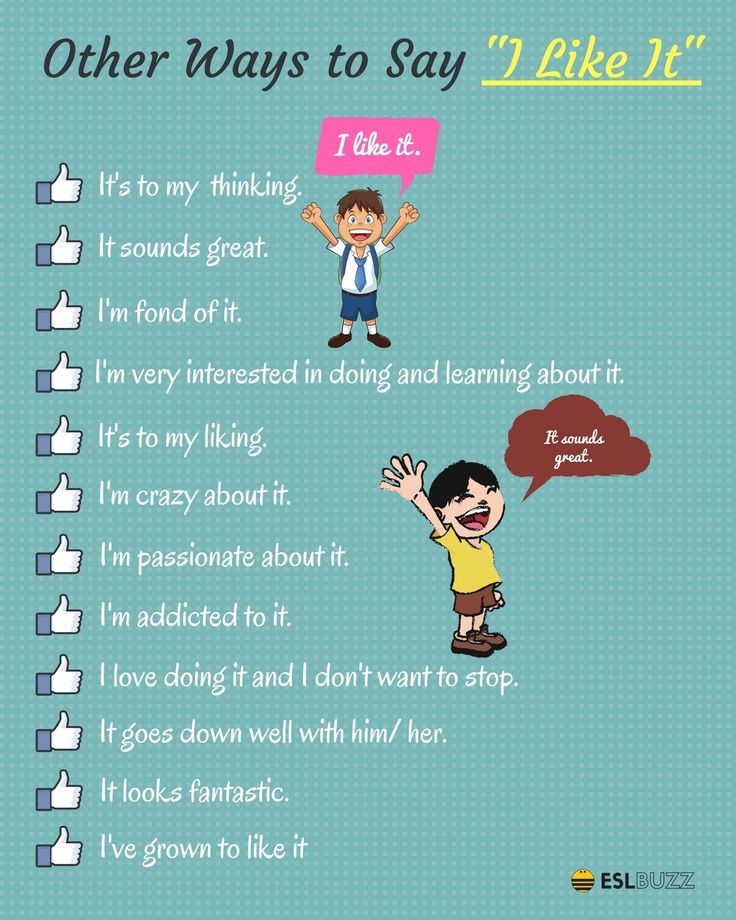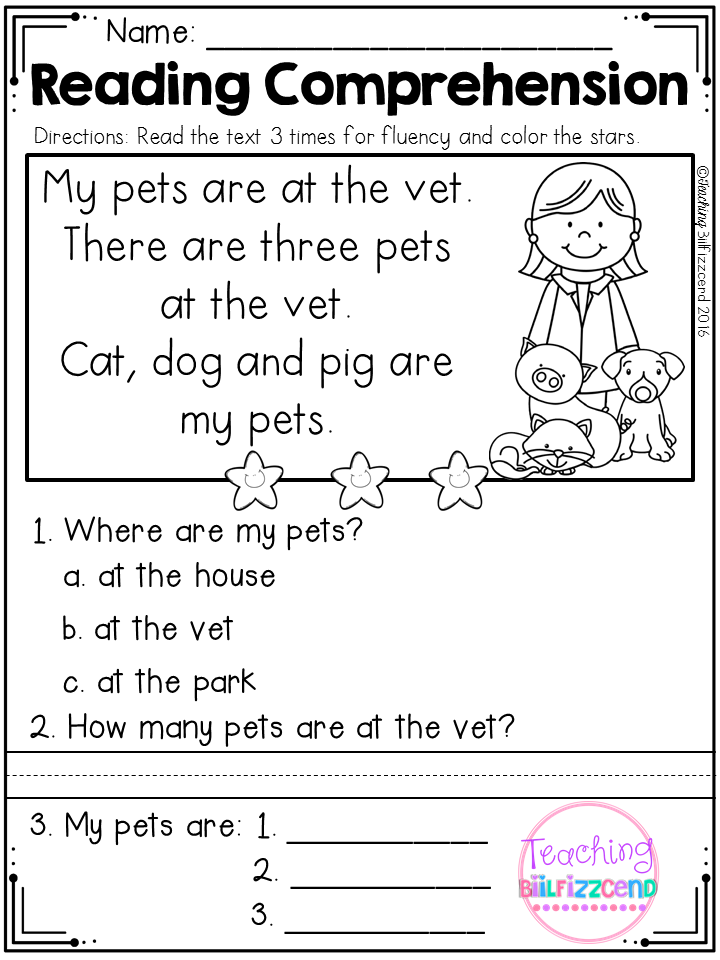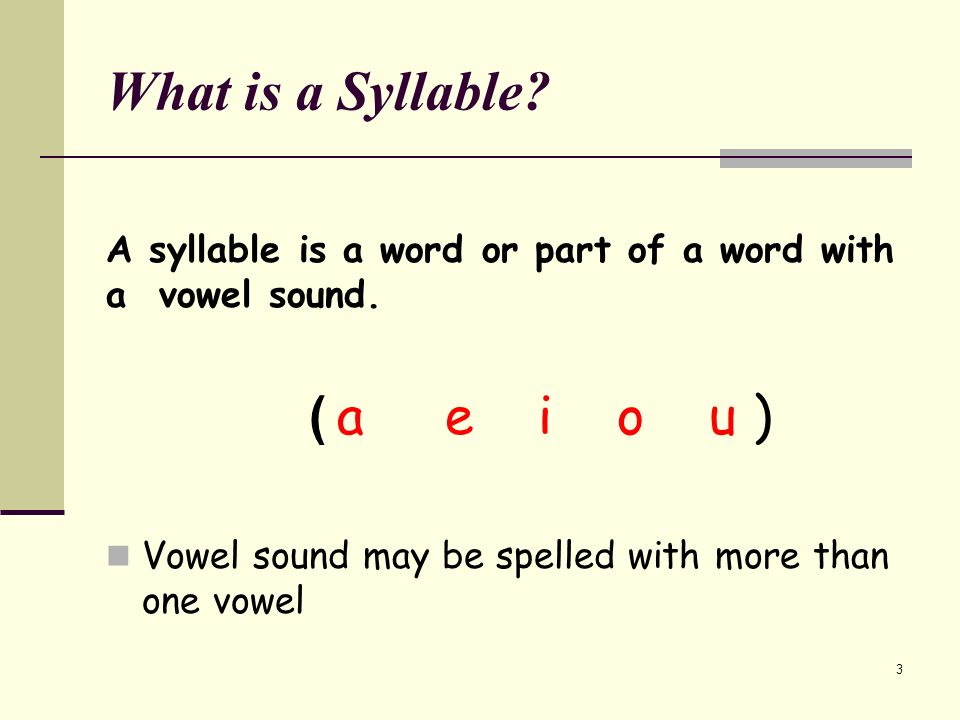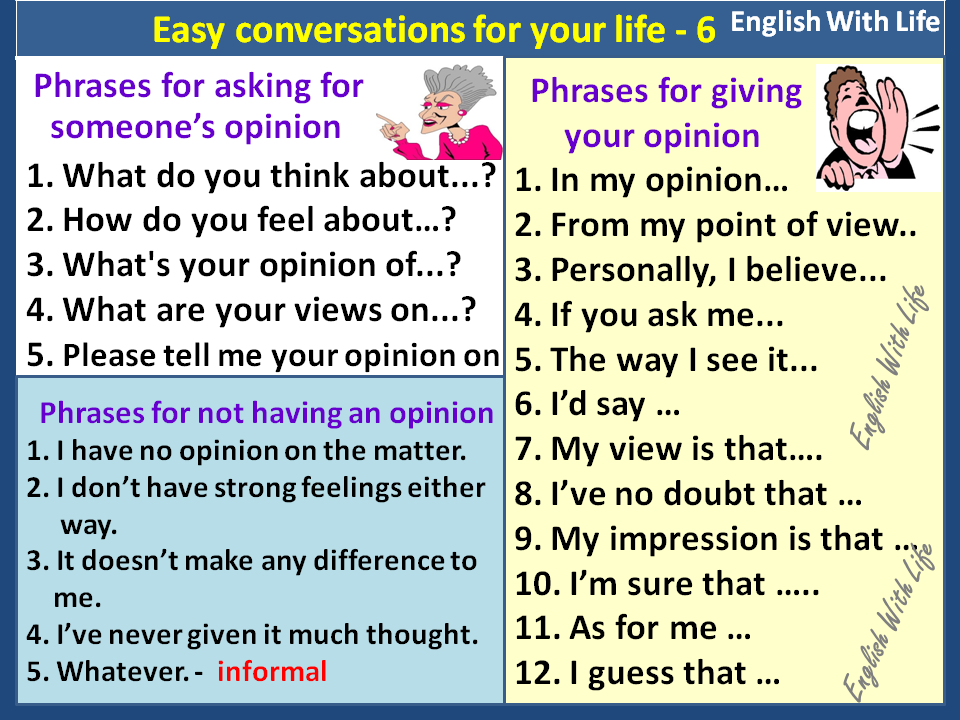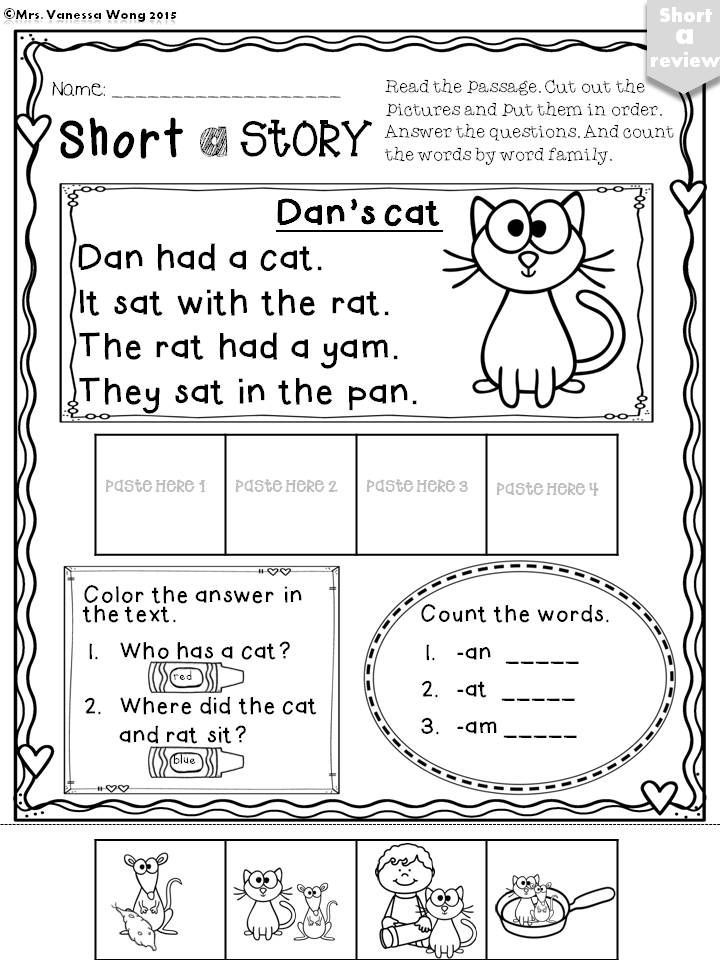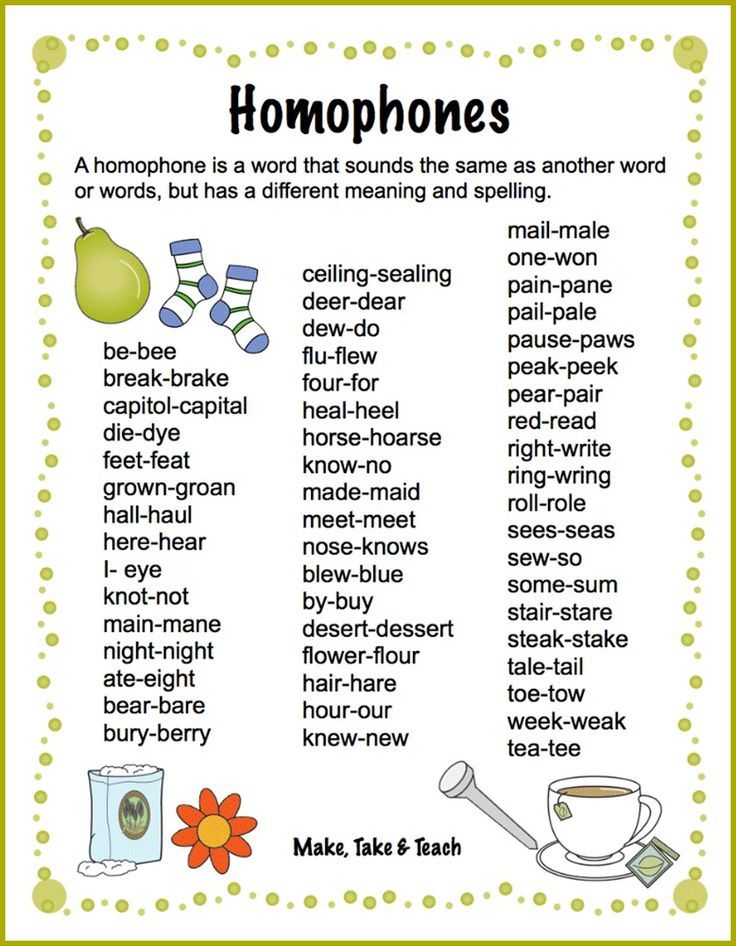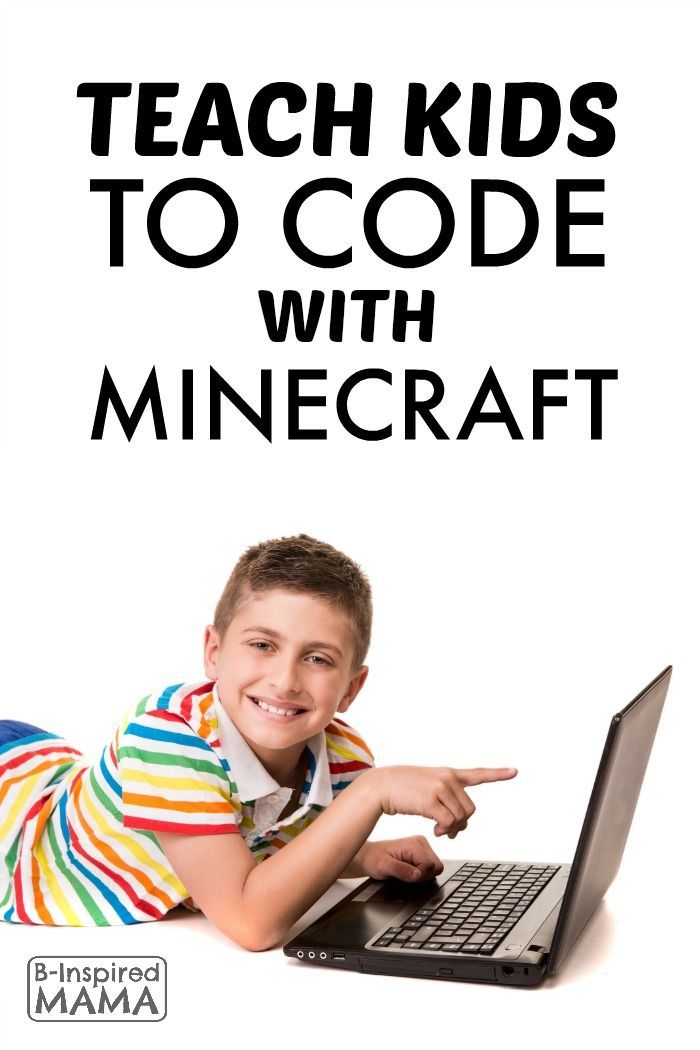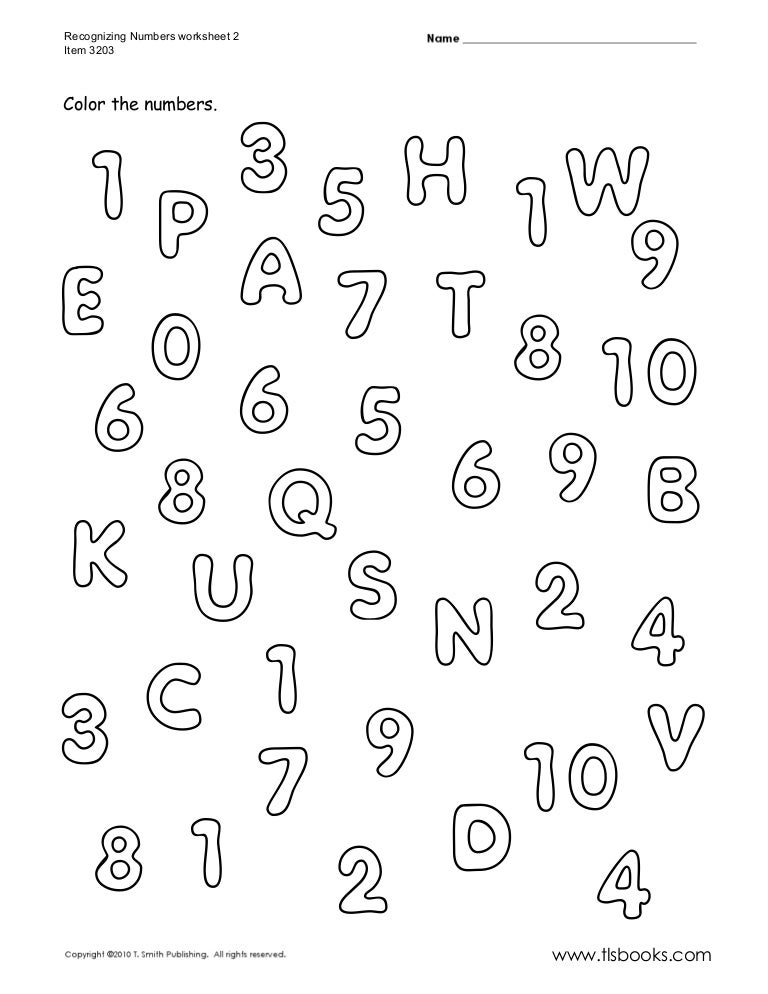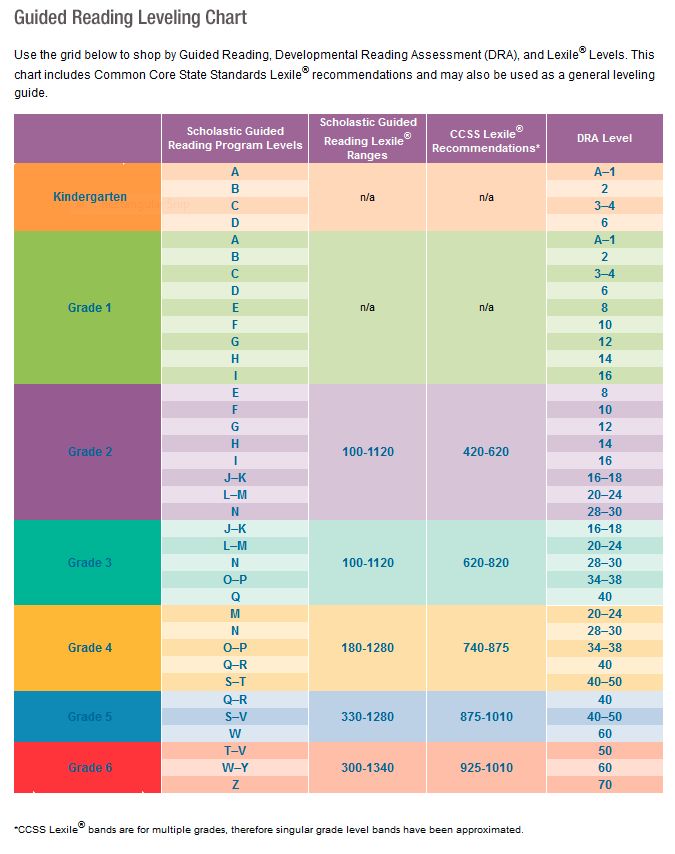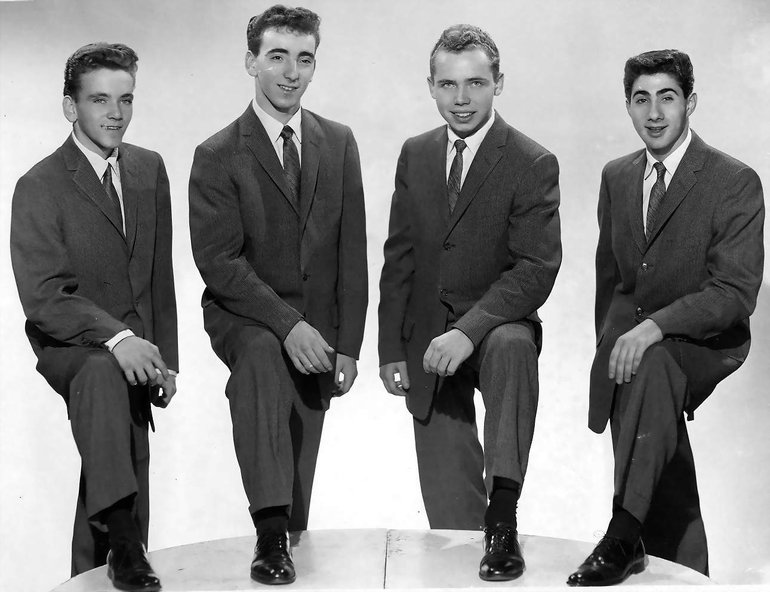I like to learn 2
Ilike2learn Menu
- Home
- Geography
- World
- Continents and Islands Map Quiz
- World Continents Map Quiz
- World's Biggest Islands Map Quiz
- 10 Biggest Islands Map Quiz
- World Oceans and Seas Map Quiz
- Atlantic Ocean Map Quiz
- Indian Ocean Map Quiz
- Pacific Ocean Map Quiz
- World's Longest Rivers Map Quiz
- World Lakes Map Quiz
- World Mountain Ranges Map Quiz
- World's Highest Mountains Map Quiz
- Africa
- Africa Map Quiz
- Central Africa Map Quiz
- Northern Africa Map Quiz
- Southern Africa Map Quiz
- Africa Capitals Map Quiz
- Africa Water Bodies Map Quiz
- Africa Lakes Map Quiz
- Africa Rivers Map Quiz
- Africa Seas Map Quiz
- Asia
- Asia Map Quiz
- Middle East Map Quiz
- Asia Capitals Map Quiz
- Middle East Capitals Map Quiz
- Asia Rivers, Lakes, and Seas Map Quiz
- Asia Rivers Map Quiz
- Asia Lakes Map Quiz
- Asia Seas Map Quiz
- Middle East Rivers, Lakes, and Seas Map Quiz
- Middle East Rivers, and Lakes Map Quiz
- Middle East Seas Map Quiz
- Asia Mountain Ranges Map Quiz
- Middle East Mountain Ranges Map Quiz
- Australia & Oceania
- Australia & Oceania Map Quiz
- Australia States, Territories, and Capitals Map Quiz
- Caribbean
- Caribbean Map Quiz
- Europe
- Europe Map Quiz (hard)
- Europe Map Quiz (easy)
- Eastern Europe Map Quiz
- Western Europe Map Quiz
- Europe Capitals Map Quiz
- Europe Rivers, Lakes, Seas, and Bays Map Quiz
- Europe Lakes Map Quiz
- Europe Rivers Map Quiz
- Europe Seas Map Quiz
- Europe Mountain Ranges Map Quiz
- Germany States Map Quiz
- Middle East
- Middle East Map Quiz
- Middle East Capitals Map Quiz
- Middle East Rivers, Lakes, and Seas Map Quiz
- Middle East Rivers, and Lakes Map Quiz
- Middle East Seas Map Quiz
- Middle East Mountain Ranges Map Quiz
- North America
- North America Map Quiz
- North America Capitals Map Quiz
- North America Lakes, Rivers, Bays, and Seas Map Quiz
- North America Rivers Map Quiz
- North America Lakes Map Quiz
- North America Mountain Ranges Map Quiz
- Canada Provinces Map Quiz
- Canada Province Capitals Map Quiz
- U.
S. States Map Quiz
- U.S. States Capitals Map Quiz
- Oceania
- Australia & Oceania Map Quiz
- Australia States, Territories, and Capitals Map Quiz
- South America
- South and Central America Map Quiz
- South and Central America Capitals Map Quiz
- South America Rivers, Lakes, and Seas Map Quiz
- World
- Languages
- Russian
- Site Map
New updated games that are touchscreen compatible:
-
Recommended Games:
- World's Longest Rivers Map Quiz
- World Lakes Map Quiz
- World Mountain Ranges Map Quiz
- World's Highest Mountains Map Quiz
- Africa Lakes Map Quiz
- Europe Rivers, Lakes, Seas, and Bays Map Quiz
- Europe Mountain Ranges Map Quiz
- North America Lakes, Rivers, Bays, and Seas Map Quiz
- North America Mountain Ranges Map Quiz
- Russian Language Tutorial
What's Your Learning Style? 20 Questions
What's Your Learning Style? 20 Questions
This application requires JavaScript.
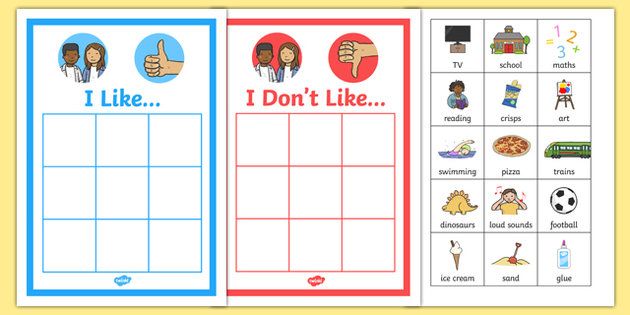
Please enable your browser's JavaScript to continue.
1. What kind of book would you like to read for fun?
A book with lots of pictures in it
A book with lots of words in it
A book with word searches or crossword puzzles
2. When you are not sure how to spell a word, what are you most likely to do?
Write it down to see if it looks right
Spell it out loud to see if it sounds right
Trace the letters in the air (finger spelling)
3. You're out shopping for clothes, and you're waiting in line to pay. What are you most likely to do while you are waiting?
Look around at other clothes on the racks
Talk to the person next to you in line
Fidget or move back and forth
4. When you see the word "cat," what do you do first?
Picture a cat in your mind
Say the word "cat" to yourself
Think about being with a cat (petting it or hearing it purr)
5.
 What's the best way for you to study for a test?
What's the best way for you to study for a test?Read the book or your notes and review pictures or charts
Have someone ask you questions that you can answer out loud
Make up index cards that you can review
6. What's the best way for you to learn about how something works (like a computer or a video game)?
Get someone to show you
Read about it or listen to someone explain it
Figure it out on your own
7. If you went to a school dance, what would you be most likely to remember the next day?
The faces of the people who were there
The music that was played
The dance moves you did and the food you ate
8. What do you find most distracting when you are trying to study?
People walking past you
Loud noises
An uncomfortable chair
9. When you are angry, what are you most likely to do?
Put on your "mad" face
Yell and scream
Slam doors
10.
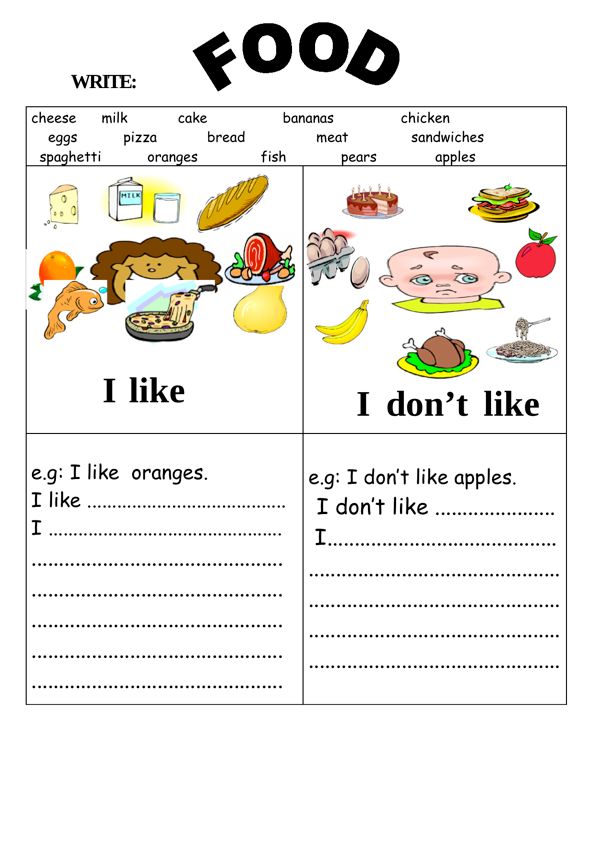 When you are happy, what are you most likely to do?
When you are happy, what are you most likely to do?Smile from ear to ear
Talk up a storm
Act really hyper
11. When in a new place, how do you find your way around?
Look for a map or directory that shows you where everything is
Ask someone for directions
Just start walking around until you find what you're looking for
12. Of these three classes, which is your favorite?
Art class
Music class
Gym class
13. When you hear a song on the radio, what are you most likely to do?
Picture the video that goes along with it
Sing or hum along with the music
Start dancing or tapping your foot
14. What do you find most distracting when in class?
Lights that are too bright or too dim
Noises from the hallway or outside the building (like traffic or someone cutting the grass)
The temperature being too hot or too cold
15.
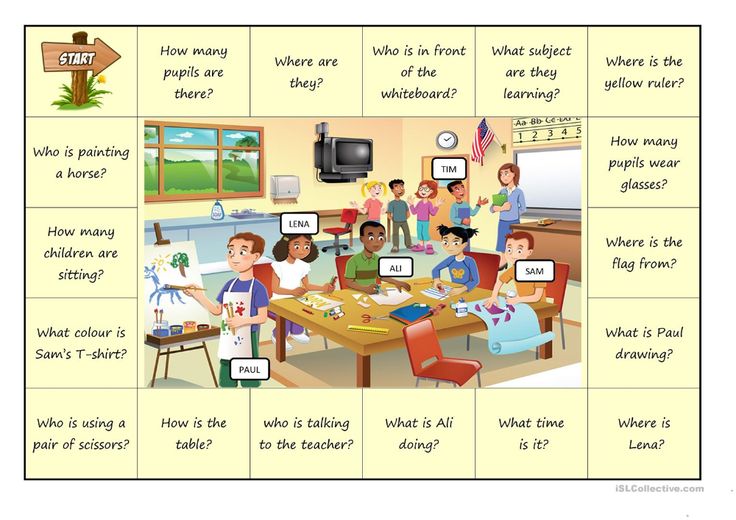 What do you like to do to relax?
What do you like to do to relax?Read
Listen to music
Exercise (walk, run, play sports, etc.)
16. What is the best way for you to remember a friend's phone number?
Picture the numbers on the phone as you would dial them
Say it out loud over and over and over
Write it down or store it in your phone contact list
17. If you won a game, which of these three prizes would you choose?
A poster for the wall
A music CD or mp3 download
A game of some kind (or a football or soccer ball, etc.)
18. Which would you rather go to with a group of friends?
A movie
A concert
An amusement park
19. What are you most likely to remember about new people you meet?
Their face but not their name
Their name but not their face
What you talked about with them
20. When you give someone directions to your house, what are you most likely to tell them?
A description of building and landmarks they will pass on the way
The names of the roads or streets they will be on
"Follow me—it will be easier if I just show you how to get there. "
"
Question 1 of 20
Auditory
If you are an auditory learner, you learn by hearing and listening. You understand and remember things you have heard. You store information by the way it sounds, and you have an easier time understanding spoken instructions than written ones. You often learn by reading out loud because you have to hear it or speak it in order to know it.
As an auditory learner, you probably hum or talk to yourself or others if you become bored. People may think you are not paying attention, even though you may be hearing and understanding everything being said.
Here are some things that auditory learners like you can do to learn better.
- Sit where you can hear.
- Have your hearing checked on a regular basis.
- Use flashcards to learn new words; read them out loud.
- Read stories, assignments, or directions out loud.
- Record yourself spelling words and then listen to the recording.

- Have test questions read to you out loud.
- Study new material by reading it out loud.
Remember that you need to hear things, not just see things, in order to learn well.
Visual
If you are a visual learner, you learn by reading or seeing pictures. You understand and remember things by sight. You can picture what you are learning in your head, and you learn best by using methods that are primarily visual. You like to see what you are learning.
As a visual learner, you are usually neat and clean. You often close your eyes to visualize or remember something, and you will find something to watch if you become bored. You may have difficulty with spoken directions and may be easily distracted by sounds. You are attracted to color and to spoken language (like stories) that is rich in imagery.
Here are some things that visual learners like you can do to learn better:
- Sit near the front of the classroom.
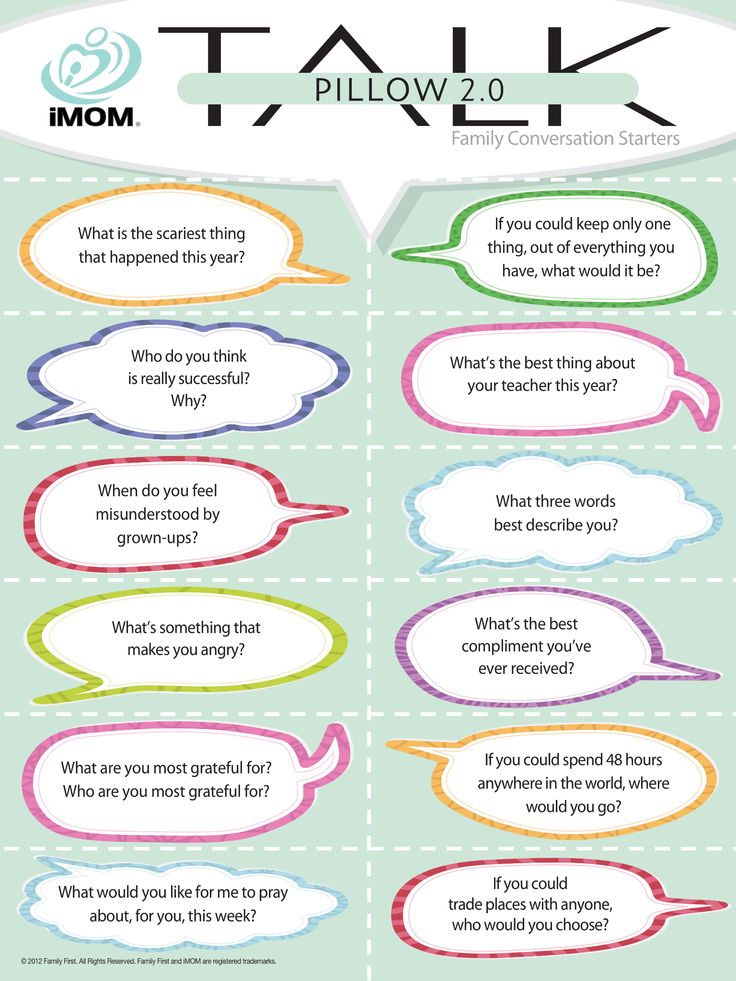 (It won't mean you're the teacher's pet!)
(It won't mean you're the teacher's pet!) - Have your eyesight checked on a regular basis.
- Use flashcards to learn new words.
- Try to visualize things that you hear or things that are read to you.
- Write down key words, ideas, or instructions.
- Draw pictures to help explain new concepts and then explain the pictures.
- Color code things.
- Avoid distractions during study times.
Remember that you need to see things, not just hear things, to learn well.
Tactile
If you are a tactile learner, you learn by touching and doing. You understand and remember things through physical movement. You are a "hands-on" learner who prefers to touch, move, build, or draw what you learn, and you tend to learn better when some type of physical activity is involved. You need to be active and take frequent breaks, you often speak with your hands and with gestures, and you may have difficulty sitting still.
As a tactile learner, you like to take things apart and put things together, and you tend to find reasons to tinker or move around when you become bored. You may be very well coordinated and have good athletic ability. You can easily remember things that were done but may have difficulty remembering what you saw or heard in the process. You often communicate by touching, and you appreciate physically expressed forms of encouragement, such as a pat on the back.
Here are some things that tactile learners like you can do to learn better:
- Participate in activities that involve touching, building, moving, or drawing.
- Do lots of hands-on activities like completing art projects, taking walks, or acting out stories.
- It's OK to chew gum, walk around, or rock in a chair while reading or studying.
- Use flashcards and arrange them in groups to show relationships between ideas.
- Trace words with your finger to learn spelling (finger spelling).
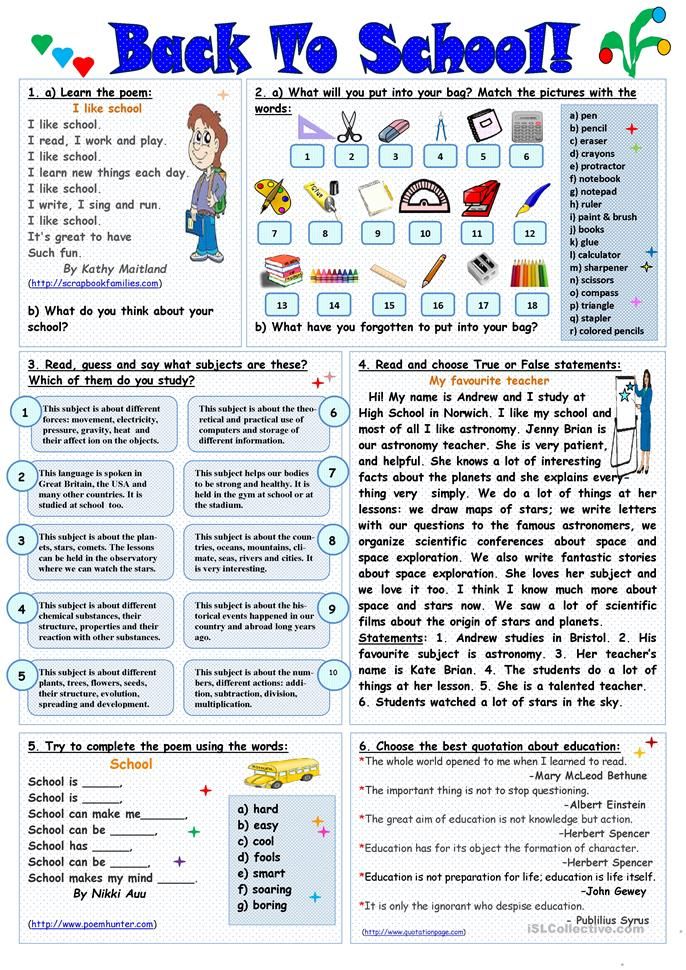
- Take frequent breaks during reading or studying periods (frequent, but not long).
- It's OK to tap a pencil, shake your foot, or hold on to something while learning.
- Use a computer to reinforce learning through the sense of touch.
Remember that you learn best by doing, not just by reading, seeing, or hearing.
I love studying. Why | Chalk
Agree, it is not often easy to find motivation to study. Especially given the approaches to motivation that teachers and parents often use. I was a little lucky: at one time I fell out of the influence of parents and teachers and was able to build my own approach to learning, which allowed me to take the maximum benefit from the time spent, and at the same time be constantly interested and motivated. In the four points below, you will find the main thoughts that I came to on my way to love learning. nine0003
nine0003
To focus on what I find interesting/useful. It is hard for me to motivate myself to do something that I do not enjoy and that I do not see as useful for myself. For example, I understand that completing an assignment in our core subject Introduction to Transportation, Logistics and Supply Chain Management, or Modeling will be useful in understanding the area that interests me. Or, for example, reading the book "Write, abbreviate" on writing good texts does not fit very well with my learning profile, but I like it. I was also interested in the field of finance at one time, which prompted me to take special courses, and subsequently find a job in this field. But writing a scientific work, which was part of the same core subject mentioned above, was of no personal or professional interest to me (I did not plan to go to the academic field in the future). Therefore, I successfully “scored” on the last one, despite the fact that this task is 25% of the grade for the entire course. But this only works if there are alternatives: write a scientific paper or write a couple of freelance articles. Understanding that what I do either brings me pleasure or will help me develop in a field that interests me helps me find internal motivation to study. nine0003
But this only works if there are alternatives: write a scientific paper or write a couple of freelance articles. Understanding that what I do either brings me pleasure or will help me develop in a field that interests me helps me find internal motivation to study. nine0003
Get the gist, not memorize as much as possible. Unfortunately, our education system is aimed at remembering information, not developing understanding. To memorize text in English, mathematical formulas or definitions in physics is information that helps in gaining an understanding of the subject, but is by no means the very purpose of learning. That is why my teaching methods are somewhat different from the generally accepted ones. For example, I don’t take notes (there are exceptions like higher mathematics, but they are rare). Taking notes, that is, writing down information in order to remember it, and so that later I can re-read it, takes too much of my concentration. I can see the information from the lecture on the presentations that our lecturer sends us, or on Google / textbook / Wikipedia. At the lecture, instead of taking notes, I try to understand what logical connections there are between topics, why something happens, look from above at the totality of topics and trace the interdependence between them. Specifically, in my lectures, I try to understand how what they tell us is applicable in business, how it will help increase profits or reduce costs. Yes, if you wake me up at night and ask for the formula for the optimal cargo lot, I will send the questioner to hell and go to sleep. Some of my colleagues will reproduce it with perfect accuracy. However, I understand where and how to use it, and after googling, I use it successfully. The example is very conditional, but it captures the essence well. And the bottom line is this: understanding and knowledge are different things, and it is better to understand, but not to know, than to know, but not to understand. nine0003
At the lecture, instead of taking notes, I try to understand what logical connections there are between topics, why something happens, look from above at the totality of topics and trace the interdependence between them. Specifically, in my lectures, I try to understand how what they tell us is applicable in business, how it will help increase profits or reduce costs. Yes, if you wake me up at night and ask for the formula for the optimal cargo lot, I will send the questioner to hell and go to sleep. Some of my colleagues will reproduce it with perfect accuracy. However, I understand where and how to use it, and after googling, I use it successfully. The example is very conditional, but it captures the essence well. And the bottom line is this: understanding and knowledge are different things, and it is better to understand, but not to know, than to know, but not to understand. nine0003
Do not focus on grades. Grade is a reflection of how well I do tasks or write tests. But at the same time, my goal in teaching is to understand the subject.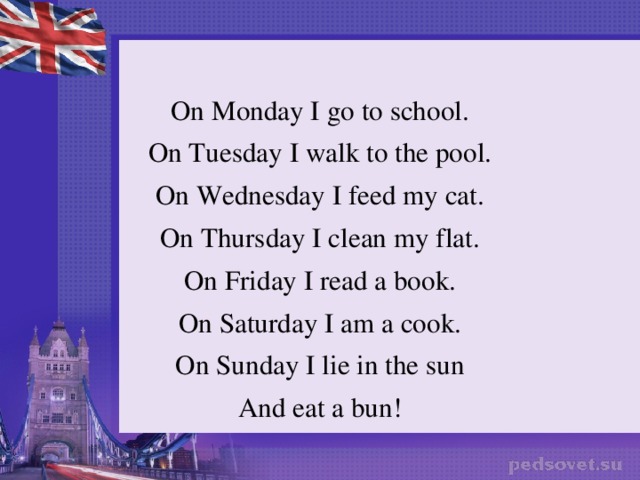 Getting good grades and understanding a subject are two different things. That is why grades have not been some kind of indicator for me for a long time. The only criterion that must be met is that I should not be kicked out of the university because of bad grades. And in such conditions, the tests for me become not just stress-free, it’s even interesting for me to go and apply my understanding and my knowledge to solve complex problems. In addition to nerves, my attitude to grades also saves me time: if some of my colleagues prepare for the exam for several days, it takes me a few hours to review slides, formulas, and sometimes a brief summary that a colleague who has studied for a couple of days gives me. In general, the key was the understanding that assessment is a subjective judgment about my knowledge, based on criteria that do not always coincide with my personal criteria for evaluating development. nine0003
Getting good grades and understanding a subject are two different things. That is why grades have not been some kind of indicator for me for a long time. The only criterion that must be met is that I should not be kicked out of the university because of bad grades. And in such conditions, the tests for me become not just stress-free, it’s even interesting for me to go and apply my understanding and my knowledge to solve complex problems. In addition to nerves, my attitude to grades also saves me time: if some of my colleagues prepare for the exam for several days, it takes me a few hours to review slides, formulas, and sometimes a brief summary that a colleague who has studied for a couple of days gives me. In general, the key was the understanding that assessment is a subjective judgment about my knowledge, based on criteria that do not always coincide with my personal criteria for evaluating development. nine0003
Learn by teaching. Knowledge is best acquired when I try to explain something to someone.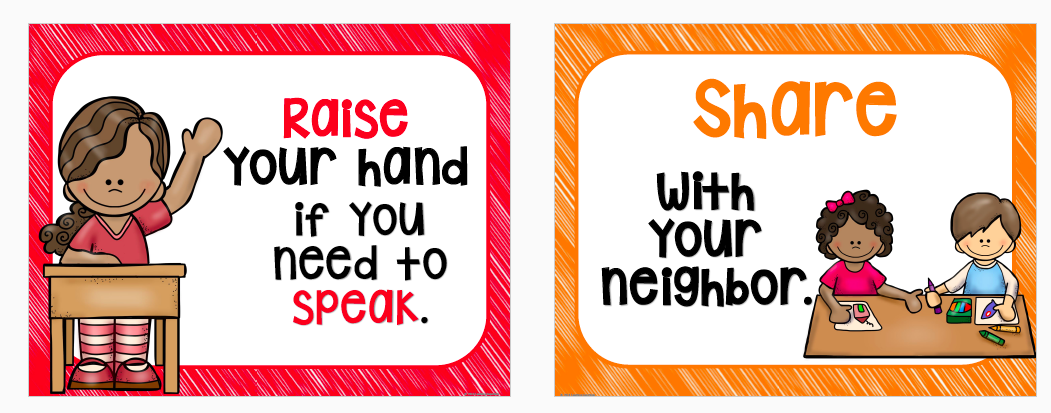 The opportunity to explain something to someone so that the interlocutor understands, as for me, is the most honest exam. And without a full understanding of the topic, this is almost impossible to do. Why do I enjoy teaching someone something so much? First, I test and root my understanding of the subject. Secondly, I feel that I am of benefit to others, for which I receive social recognition and respect. Therefore, I never refuse when I am asked to explain something. Only discussion can compare with the effectiveness of this method. nine0003
The opportunity to explain something to someone so that the interlocutor understands, as for me, is the most honest exam. And without a full understanding of the topic, this is almost impossible to do. Why do I enjoy teaching someone something so much? First, I test and root my understanding of the subject. Secondly, I feel that I am of benefit to others, for which I receive social recognition and respect. Therefore, I never refuse when I am asked to explain something. Only discussion can compare with the effectiveness of this method. nine0003
Thanks to these changes in my mind, I have embarked on the path of enlightenment and find the desire and motivation to learn. These life findings apply both at university and in school/work/personal learning.
“I like to study more than to teach”: Honorary Associate Professor of Pskov State University Natalya Bolshakova
Pskov State University News “I like to study more than to teach”: Honorary Associate Professor of Pskov State University Natalya Bolshakova
11/22/2021, 11:48
“Van Gogh” - with this name, our conversation unexpectedly began with the head of the Scientific and Educational Laboratory “Socio-Humanitarian Regionalism” of Pskov State University, author of the encyclopedia “Russian Language from A to Z”, associate professor of the department Philology, Communications and Russian as a Foreign Language Institute for the Humanities and Language Communications, Candidate of Philology, Honorary Associate Professor of the University Natalya Bolshakova.
To be honest, we expected anything - a conversation about science, a discussion of Belarusianisms and regional features of the Pskov folk tale ... But Natalya Valentinovna, noticing a folder with a print of the famous "Starry Night" on the table, could not resist - she said "code word". So, in fact, our conversation began, which revealed one of the most serious teachers of our university from an unexpected side. nine0003
About the dictates of the soul
- Natalya Valentinovna, what did you dream of becoming in your childhood?
- Everyone dreams of becoming a teacher or doctor, because all children are taught and treated. It's not that I dreamed of becoming a teacher ... I was not excellent, but I studied well. And teachers in Russian language and literature praised me all the time: they called me to the board to analyze sentences, and each time giving an excellent mark, they always said something good to me. Maybe that's why it so happened that I went to the literary faculty. nine0003
Maybe that's why it so happened that I went to the literary faculty. nine0003
- How did your path to science begin?
- It was not planned from the beginning by anyone. Everything happened through overcoming oneself. In the first year of lectures on "Introduction to Linguistics" we were read by a teacher of the Faculty of Philology Sofya Mendelevna Gluskina. She offered me a topic on word variants in Pskov dialects. Then I continued the study of this topic in my term paper and thesis.
In the last year of study at the Pedagogical Institute, four students - two linguists, including me, and two writers - were sent for an internship at Leningrad State University. It was assumed that with the help of such a mechanism, the provincial university forges personnel for itself. We, like all students of the Russian department, listened to lectures, passed exams and wrote diplomas. That year was extremely interesting, we ended up in the capital city: study, libraries, student environment, communication. nine0003
nine0003
After graduation, we received diplomas from the Pskov Pedagogical Institute. I was assigned to the Izochinskaya secondary school in the Nevelsky district. An interesting coincidence: now I am studying South Pskov dialects, and in those years I lived in this dialect environment for a whole year. Thanks to this experience, I do not need to adjust my phonetic hearing: I perceive this speech well, since they settled me in the house of my grandmother, a dialect speaker, I still remember that her name was Maria Yakovlevna.
A year later, I returned to Pskov. After working for two years at an evening school, I started working at a pedagogical institute and three years later I went to study at the graduate school of Leningrad State University. I already had a family, a two-year-old daughter. During my studies I was very supported by my parents and husband. I developed a trusting relationship with the supervisor at the postgraduate school, Olga Sergeevna Mzhelskaya - she was sure that I would do everything on time.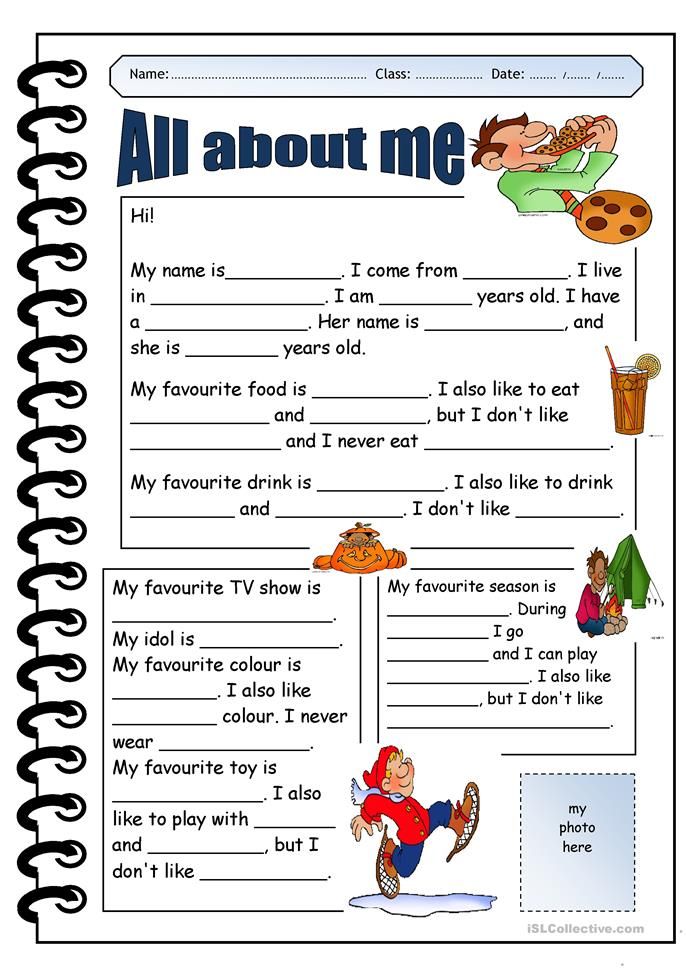 Therefore, I often came to Pskov, a train ticket then cost 3 rubles 90 kopecks.
Therefore, I often came to Pskov, a train ticket then cost 3 rubles 90 kopecks.
- In Soviet times, doing science was prestigious. Now the time is different, and young people, choosing their path, do not often think about science. From your point of view, for what and why is it worth going into science these days?
- For self-development, of course. At the university, you will not be able to build a career in the usual sense of the word. Obviously: 10 years of work in the field of higher education, and the person is still a young teacher. Another thing in school: after 10 years, you are already considered an experienced teacher. The question of a career never stood before me - the desire not to let down my teachers was more important. When they say that from among your classmates it was you who was chosen to go on an expedition, you understand what a responsibility it is. You go during the holidays, at the behest of your soul, knowing that this is not for grade-books, that the materials will end up in a scientific filing cabinet, in the archive.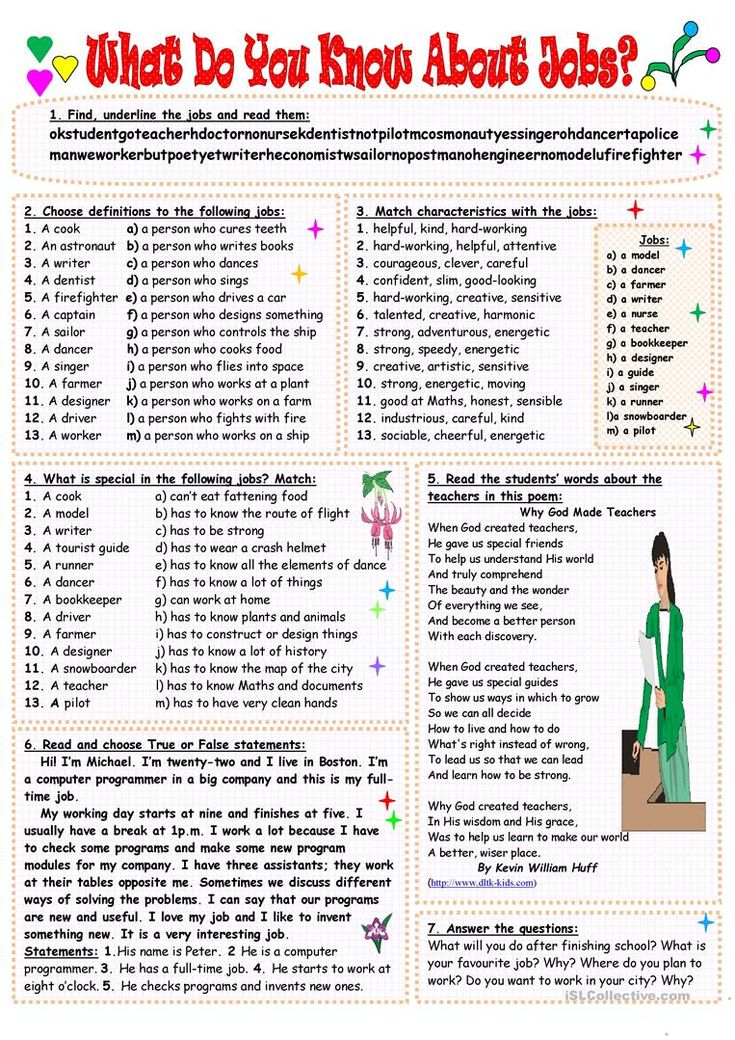 So, on the basis of this material, objective scientific conclusions will be made. Linguistics is one of the most accurate among the humanities. nine0003
So, on the basis of this material, objective scientific conclusions will be made. Linguistics is one of the most accurate among the humanities. nine0003
About authorities
- Who was your role model in science?
- My teachers. They saw something in me that, perhaps, I myself did not suspect, they were able to consider something sensible in this raw material. And all the time I thought: how not to let me down and justify. When Sofya Mendelevna was no more, I still seemed to internally check with how she would react to what I was doing. I think she could not always say that she was pleased with me. But her personality for me is the tuning fork by which the inner feeling prompts the correct note. nine0045 In 2017, we organized a large-scale conference dedicated to the 100th anniversary of the birth of Sofia Menedelevna. The entire department, and especially Larisa Yakovlevna Kostyuchuk, put a lot of work into its implementation. The conference was supported by an authoritative grant from the Russian Foundation for Basic Research (in those years, the Russian Humanitarian Science Foundation).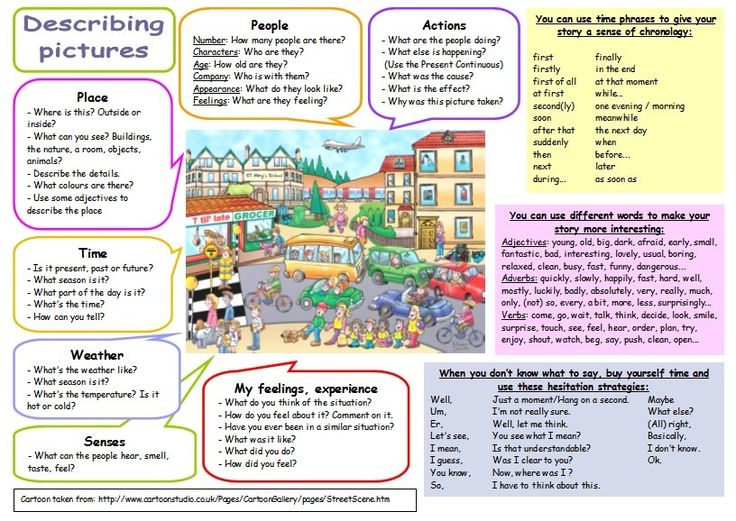 I believe that my duty as a student was realized in this event: we published a wonderful collection of two parts. Colleagues who participated in the conference recall its high scientific level and the feeling of scientific unity - a special environment that we have thanks to the tradition laid down by our teachers. nine0003
I believe that my duty as a student was realized in this event: we published a wonderful collection of two parts. Colleagues who participated in the conference recall its high scientific level and the feeling of scientific unity - a special environment that we have thanks to the tradition laid down by our teachers. nine0003
- From your point of view, what is more important in science - tradition or innovation?
- I can't say that I am a person of the XX century, - says Natalia Bolshakova. - A lot of what is happening now, I like it. That is why I did not stay there with my aspirations, although my whole life was basically spent in the last century. But the dynamism of life, information flows, the environment associated with computerization - all this is very close to me. Thinking over the activities of the laboratory, we put digitalization among the main tasks. Not only because it is fashionable and modern. But because the demands of time require it. Our traditional paper archive plays an important role and continues to exist, but the electronic form, it seems to me, allows it to be more widely distributed, sets information richness and supports, in fact, the storage of materials. nine0003
Our traditional paper archive plays an important role and continues to exist, but the electronic form, it seems to me, allows it to be more widely distributed, sets information richness and supports, in fact, the storage of materials. nine0003
About the students and the mirror laboratory
- What do you consider your main achievement in science?
- I think these are my students. It so happened that Sofya Mendelevna Gluskina left, her guiding beginning and advice were gone in my life, I had to focus only on the environment in which I find myself. My students became my environment.
This is a great valuable experience, very grateful: six people have defended dissertations under my supervision over the years. Postgraduate study at our department appeared in the middle of 90-s. My graduate student was the first to come to me - now Elena Anatolyevna Rozhdestvenskaya - the director of Lyceum No. 11 in Velikiye Luki, a successful teacher and a talented organizer.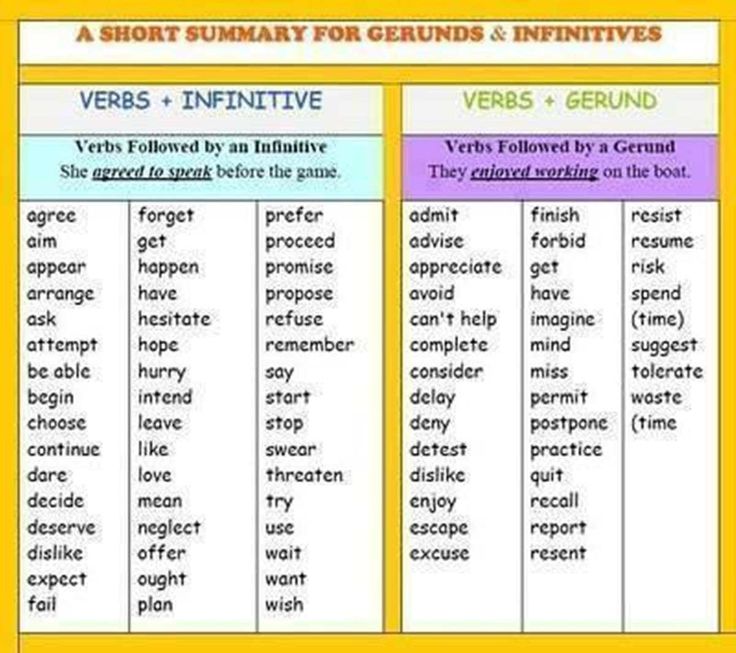
- Speaking about your achievements, it is impossible not to say about the main result of your scientific activity - the creation of the Scientific and Educational Laboratory "Socio-Humanitarian Regional Studies" at the Pskov State Institute, later the University. Why is this project important for science and for you personally?
- I have been the head of the scientific laboratory since 2003. In those years, this experience was new for the university, and I started by finding some points of support. We were given a minimum staff, combined two archives that teachers and students had been collecting for many years. In the last two years, we have had a supervisor - Sergey Alekseevich Myznikov - Corresponding Member of the Russian Academy of Sciences, Head of the Department of Dialect Lexicography and Linguogeography of the Russian Language at the Institute of Linguistic Studies of the Russian Academy of Sciences, Professor of the Russian State Pedagogical University named after. A. I. Hercena, Chief Researcher, Center for Areal Linguistics, Institute of Slavic Studies. nine0003
A. I. Hercena, Chief Researcher, Center for Areal Linguistics, Institute of Slavic Studies. nine0003
The laboratory focused on conducting scientific research on the comprehensive study of regional dominants of the traditional folk culture and language of the Pskov region in a national and universal context, a multidimensional study of the problems of the border space in the system of traditional forms of dialect communication, analysis of the specifics of socio-cultural groups in the region in the public historical section. A creative, efficient team was formed, drawing inspiration from the research material itself and the friendly atmosphere of the scientific laboratory. nine0003
- What are the main topics and tasks for the laboratory today?
- At the moment, the laboratory is studying the subculture of childhood in the traditional language consciousness. A multifaceted study of the problem will make it possible to draw conclusions about the features of folk pedagogy, to come to an understanding of how society evaluated the different stages of growing up, what requirements it placed on the child.
At the start - an original project related to cultural anthropology. As part of the study, it is planned to study the southern Pskov region as a border area, where a meeting of a number of ethnic groups took place, which specifically influenced the language, culture, history, customs and anthropological characteristics of the local population. The laboratory (both archaeologists and philologists) will implement this project together with Denis Valeryevich Pezhemsky, Candidate of Biological Sciences, senior researcher at the Research Institute and Museum of Anthropology of Moscow State University. M.V. Lomonosov, a member of the Patriarchal Commission for the Study of the Yekaterinburg Remains. nine0003
The laboratory has also done a tremendous amount of work on the digitalization of the folklore and dialectological archives of Pskov State University. Today, the electronic library in its structure contains blocks of texts of various genres, reflecting the oral speech culture of the Pskov region.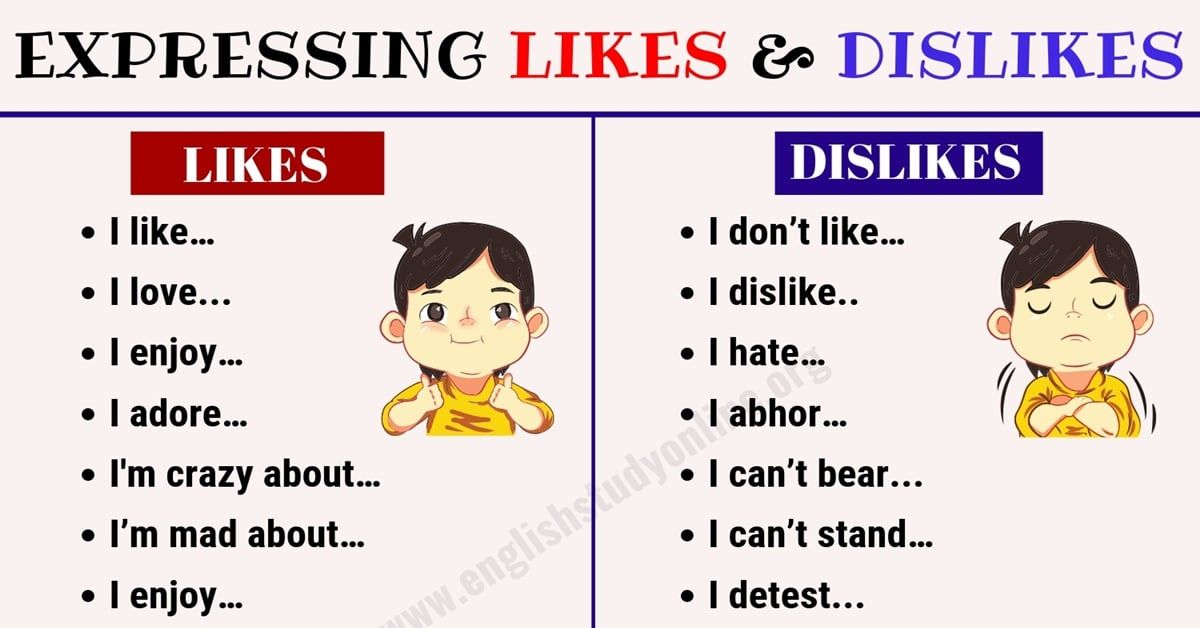 The laboratory has six registered electronic databases. The databases created in the archive and three bibliographic indexes can be found on the laboratory's website noc.pskgu.ru. They are available online to every user. In introducing computer technologies, we cooperated with the Department of Informatics, especially closely with Viktor Valentinovich Kabachenko, Candidate of Technical Sciences, who recently died untimely. He was a master of his craft and really appreciated the value of our work. nine0003
The laboratory has six registered electronic databases. The databases created in the archive and three bibliographic indexes can be found on the laboratory's website noc.pskgu.ru. They are available online to every user. In introducing computer technologies, we cooperated with the Department of Informatics, especially closely with Viktor Valentinovich Kabachenko, Candidate of Technical Sciences, who recently died untimely. He was a master of his craft and really appreciated the value of our work. nine0003
- As far as we know, the laboratory has an active publishing activity. What books have already been published, what are planned?
- According to the results of research, the laboratory "Socio-humanitarian regionalism" publishes publications that are of interest not only to the scientific community, but also to the widest range of readers. "Folk Tales of the Pskov Territory", "Pskov Maslenitsa", "The Great Patriotic War in the Mirror of Folk Speech and Folklore" - these books have become a kind of hallmark of the university.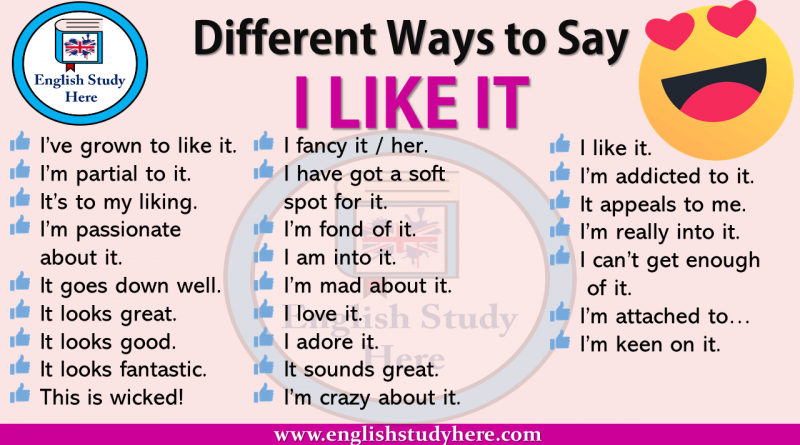 Next in line is the second volume of Mythological Tales of the Pskov-Belarusian Borderland. All publications are issued with an audio application - it helps philologists and those who are interested in local culture to make a complete "sound" picture of the Pskov region. nine0003
Next in line is the second volume of Mythological Tales of the Pskov-Belarusian Borderland. All publications are issued with an audio application - it helps philologists and those who are interested in local culture to make a complete "sound" picture of the Pskov region. nine0003
About the art of living
- What do you like to do in your free time?
- In 2014, we left our apartment in Pskov and moved out of town with all the ensuing consequences. We have our own house, we live next door to our daughter's family. She has two sons. I must admit that my daughter is not one of those who believe that a grandmother should be engaged in the systematic upbringing of children, thanks to her for this. I live a busy work life and the work doesn't end at home. At home, they often jokingly ask me: “Have you learned your lessons?” I “learn my lessons” at home all the time. There are also night sittings for the material, now, however, less often. nine0003
I have flower gardens near the house, several beds.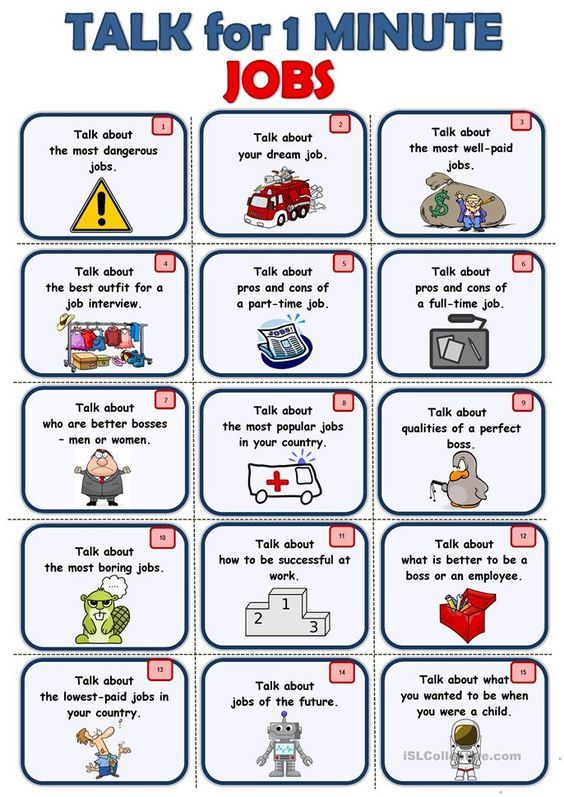 But I cannot relate to them as an agricultural worker. He works for the harvest, but for me, if the beets did not rise, they did not bear fruit - I think: and thank God. Sometimes the process itself is fascinating.
But I cannot relate to them as an agricultural worker. He works for the harvest, but for me, if the beets did not rise, they did not bear fruit - I think: and thank God. Sometimes the process itself is fascinating.
- Do you have time to read?
- Yes, in my free time I manage to read something. But I do not read systematically, but what comes into my hands. And in electronic form, on the tablet. From the latter, I read Andrey Volos's novel "Return to Panjrud". The book has a lot of meanings, but above all, it has a beautiful language. The whole novel is built not on descriptions, but on dialogues. The events take place in the 9th century in the East: a guide boy leads a blind old man from Bukhara to Panjrud. This is the main character of the novel, the famous poet Rudaki. The ability to create an image in the reader not with the help of a description, but thanks to correctly constructed dialogues, speaks of the great talent of the writer.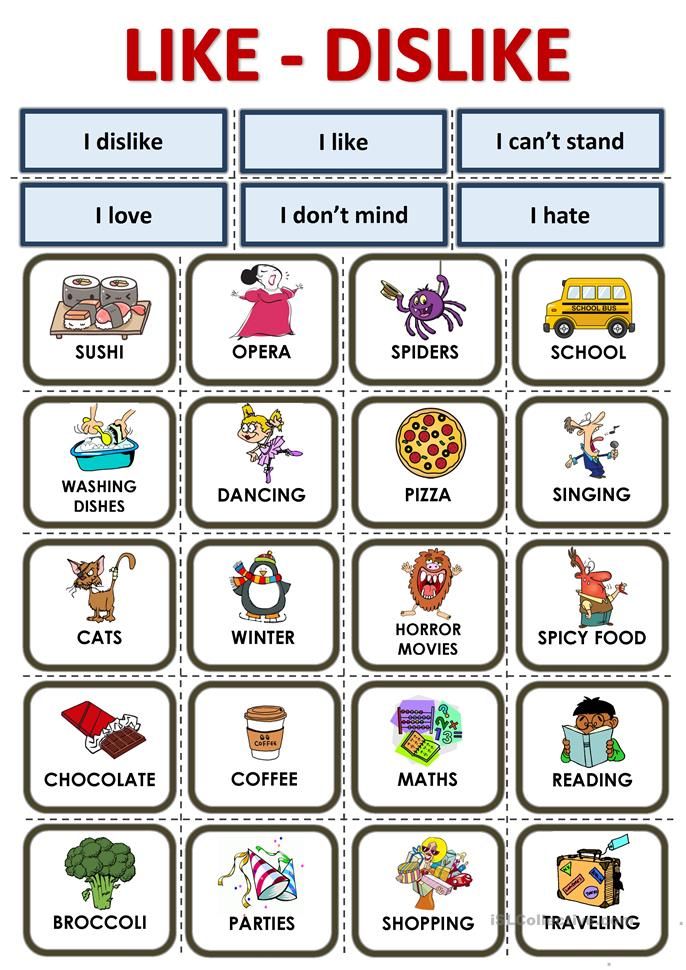 Conversation is a natural element. This can be seen in Evgeny Vodolazkin's Lavra. The characters are talking, and you believe that this is how they spoke in those ancient times. nine0045 I will surprise you - but I am a contemplative by nature. That's why I love nature and painting so much. On Facebook, I subscribe to several groups related to art, art galleries, museums - sometimes I hang out in them for a long time.
Conversation is a natural element. This can be seen in Evgeny Vodolazkin's Lavra. The characters are talking, and you believe that this is how they spoke in those ancient times. nine0045 I will surprise you - but I am a contemplative by nature. That's why I love nature and painting so much. On Facebook, I subscribe to several groups related to art, art galleries, museums - sometimes I hang out in them for a long time.
- Who is your favorite artist?
- I like classical art, but I also love impressionists and post-impressionists. I am attracted by the unsteadiness of their landscapes. Monet's deepened alley, Klimt's birch grove...
When we were in Daugavpils, they exhibited paintings by Mark Rothko. At first glance, this is a decorative painting, but in fact, it seems to me, it is very deep. I cannot interpret my impressions verbally, but my eye likes it, my nature does not reject it. It's close to me for some reason. nine0003
- What are you grateful for in life?
- I think my life has turned out happily.